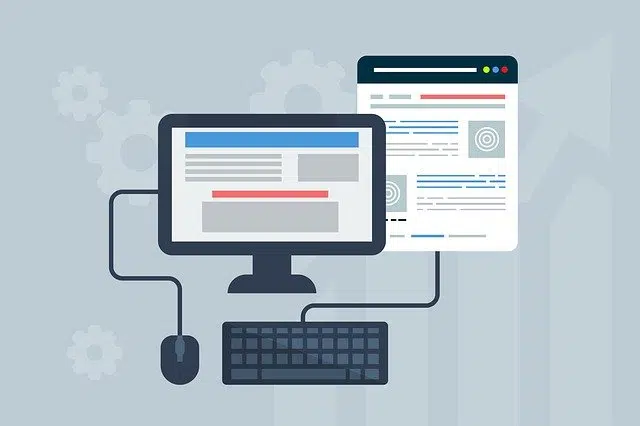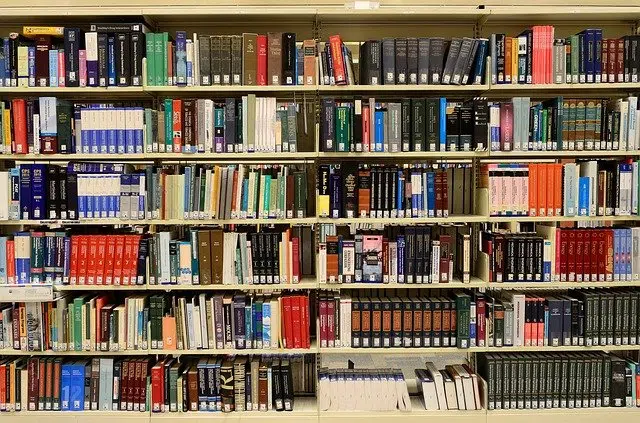
It is possible to access information through different means.
The information is made up of a group of data already supervised and ordered , which serves to construct a message based on a certain phenomenon or entity. Information allows you to solve problems and make decisions, since its rational use is the basis of knowledge .
Therefore, another perspective tells us that information is a resource that gives meaning or meaning to reality, since through codes and data sets, it gives rise to human thought models.
The importance of information
There are various species that communicate through the transmission of information for their survival ; The difference for human beings lies in the capacity that man has to put together codes and symbols with complex meanings , which make up the common language for coexistence in society .
Data are perceived through the senses and, once integrated, they end up generating the information needed to produce knowledge. Wisdom is considered to be the ability to judge appropriately when, how, where and for what purpose the acquired knowledge is used.
Specialists affirm that there is an inextricable link between information, data, knowledge, thought and language .
Storage forms
Throughout history , the way information is stored and accessed has changed. In the Middle Ages , the main collection was found in the libraries that were assembled, operated and preserved in the monasteries. Starting in the Modern Age , thanks to the birth of the printing press , books began to be mass-produced and newspapers emerged.

For several centuries, books were the main source of information.
Already in the 20th century , mass media ( television , radio ) and digital tools appeared that led to the development of the Internet .
The information according to different authors
Idalberto Chiavenato stated that information consists of a set of data that has meaning, in such a way that it reduces uncertainty and increases the knowledge of those who come to contemplate it. These data are available for immediate use and serve to clarify uncertainties on certain topics.
Ferrell and Hirt , for their part, say that this data and knowledge is strictly linked to improving our decision making . If an individual is well informed about an aspect, surely his decision in this regard may be more accurate than one who is not.
Other authors who have defined information are Czinkota and Kotabe , who say that it consists of a set of data that has been classified and ordered for a specific purpose .
Uniting all the theories about the concept, we come to the conclusion that they are data about a particular event or phenomenon that, when ordered in a context, serve to reduce uncertainty and increase knowledge about a specific topic.
Classification according to type
There are many types of information, some of them are:
Meteorological information gathers data on temperature, precipitation and data that refer to the climate of an area. It is used to predict the weather in a place. Those in charge of organizing this information are called meteorologists.
Financial information is the set of data on a market economy that allows establishing economic parameters. Analyze the economic strength of a country and predict the operations that should be carried out.
Information can also be obtained through study material on specific topics, such as documentaries, history books, sociology, mathematics, etc., which allow you to resolve doubts and offer clear definitions of the concepts you wish to study.
